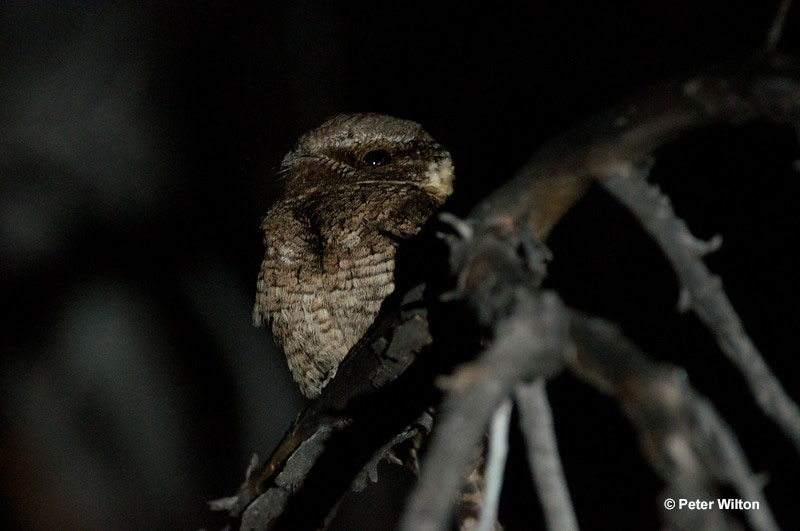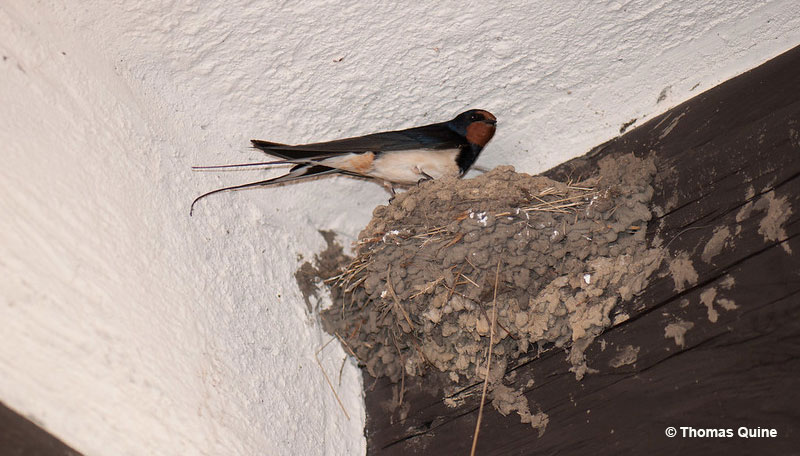Why do birds chirp at night? Many of us associate birds chirping with relaxation and a beautiful sunrise. However, if youve been unfortunate enough to experience birds chirping all night long, you know that it can be everything but that.
Not many people know that birds chirp at night, so we suggest closing your windows at night, especially if your bedroom is right next to the garden. Birds chirping at night actually has a proper scientific term and definition. The chirps that birds make at night are called nocturnal vocalizations.
In this article, we want to share the main reasons why birds chirp at night so you can better understand this phenomenon.
More From Bird Calls Blog

Why do birds chirp during the night?
Birds chirp for a variety of reasons. To help you better understand why birds chirp at night, we’ve listed some of the main causes below. Lets go over why birds chirp at night.
During the night, male birds are typically the ones to chirp and sing. Males are always searching for a mate during the breeding season, which is when this occurs.
It’s crucial to remember, though, that chirping and singing at night can occur for a variety of reasons outside of the breeding season. They can make anything from simple chirps to beautiful songs.
The spring season is when breeding happens for most birds. All nocturnal and diurnal birds frequently chirp at night.
Birds also chirp at night to alert other birds to potential threats. Occasionally, during the night, birds will change locations, which causes them to become uneasy and afraid of their surroundings. Furthermore, birds will migrate under the cover of darkness. Due to their poorer vision at night, dinural birds are more vulnerable.

For instance, a bird will chirp loudly and produce noises to alert other birds to a predator that may be approaching their nest if it hears any loud and unusual sounds in the area where it is resting.
These chirps are also thought to summon mobbing birds, such as crows, jays, kingbirds, grackles, blackbirds, titmice, and chickadees, to crowd around the predator and frighten it away.
Furthermore, when a single bird starts to chirp, other birds will follow suit. This makes the noise louder, which may deter certain predators.
Due to their complete nocturnal lifestyle, owls such as Barred Owls and Eastern Screech Owls are frequently heard during the night.
The Great Potoo, sometimes referred to as the Ghost Bird, speaks most often at night. Their calls sound haunting, hence the name!.
During migration, birds often travel at night. For a number of reasons, including the fact that they are less likely to be preyed upon, avoid overheating, and it is believed that the moon and stars aid in the navigation of birds, they do this.
Even though songbird migration has many advantages, it can also present risks because it is more difficult for them to see. When flying at night, it’s not unusual for birds to become separated from their flock.
The birds chirp as they fly through the night to keep the flock together, whether it’s to help lost birds find their way back or to keep everyone safe.
Additionally, these birds make these flight calls as they migrate into new areas so that other birds that must join the flock can be informed when the flock has arrived.
When migratory birds chirp, its usually very loud. This is due to the fact that their call needs to be heard from afar.
Birds chirping at night can also be attributed to disorientation. Similar to people, light can cause birds’ sleep cycles to be disturbed, impair their ability to function during the day, and cause them to become disoriented. The birds believe it to be daytime because they confuse the lighting for sunlight.
Birds chirp at night due to disruptions in their patterns and behaviors caused by light pollution.
On top of light pollution, we also have noise pollution. During the day, there are a lot of loud noises, such as lawnmowers, concerts, construction, and car horns. Later in the evening, birds find it more convenient and peaceful to chirp away due to the absence of artificial noise.
Birds will chirp at night because theyre practicing their song. Even though they can make melodic, pleasing sounds by nature, birds will practice to become more proficient. For example, Northern Mockingbirds can be quite vocal at night!.
This ability is essential because birds communicate with one another through chirps and songs; for instance, distinctive calls and songs are a key factor in attracting a mate.
In addition, it facilitates territorial claims, communication with neighboring nesting birds, and help birds in need. When birds are practicing their song, they are usually younger and will copy their parents.
Birds get excited when they see food, just like humans do. It makes sense because it’s much harder for them to find food. It’s amazing to learn that when birds find food, they react with excitement and even make noises! However, it’s important to remember that birds will chirp for a variety of reasons, some of which we’ll discuss below.
While certain bird species do feed at night, the majority of birds do not.
When they find food, birds that feed at night will also chirp to alert other birds to the presence of a new food source. They do this not only to alert other birds to the presence of food, but also because it reduces the likelihood of conflicts with other bird species when several of the same species congregate near a food source.
In that they both need their parents to provide them with intense protection and care, newborn humans and baby birds are quite similar. Young birds cannot survive on their own until they grow to a specific age. They require their parents’ constant supervision and protection during this time.


If their parents leave the nest, young birds will chirp both during the day and at night in an attempt to get assistance and protection.
Additionally, because they are honing vital skills that will aid in their survival later in life, baby birds will mimic the sounds of their parents. So, whenever hatchlings need something, theyll chirp. This could be because theyre hungry, sick, alone, or scared.
Which birds chirp at night?
Among the most frequent nighttime chirpers and singers are the following birds:
FAQ
What does it mean if you hear birds chirping at night?
What type of bird chirps at night?
Why is there a bird chirping at 3am?
Can birds still chirp at night?